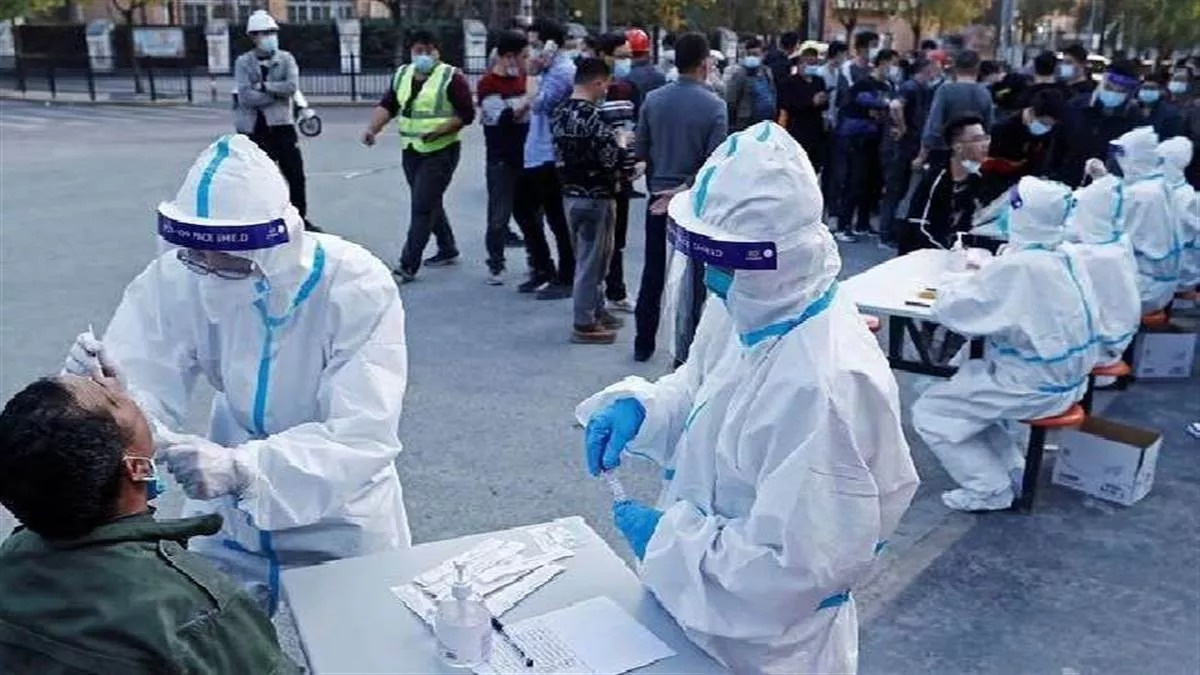
Amid reports of the spread of Human Metapneumovirus (HMPV) in neighboring China, the Indian government has also become alert. The National Center for Disease Control (NCDC) has started monitoring cases of respiratory and seasonal influenza. The department is also in touch with international agencies. According to sources, the Center said that we will keep a close watch on the situation. We will check the information and update based on it.
No need to panic
Dr. Atul Goyal, an official of the Directorate General of Health Services (DGHS), said that there is no need to panic about the spread of HMPV in China. He suggested taking precautions in cases of all respiratory infections. He says that there is no need to worry about the current situation.
The need for surveillance and prevention
Dr. Arjun Dang, CEO of Dr. Dangs Lab, said that after the outbreak of Human Metapneumovirus (HMPV) in China, there is an urgent need to prevent the spread of this virus and increase surveillance. This virus can be more deadly in high density populations.
.jpg)
He said that in Dr. Dangs lab, we routinely report HMPV in young children, the elderly and people with weakened immune systems during flu season. But its spread in China highlights the need for surveillance and early detection of the virus.
Such are the symptoms of HMPV
According to Dr. Dang, the symptoms of HMPV are similar to those of other respiratory viruses. If its spread is not controlled immediately, it can put more pressure on the health service. According to Dr. Arjun Dang, the symptoms of this virus include fever, cough, nasal congestion, shortness of breath and anxiety. In severe cases, bronchiolitis or pneumonia can also occur. However, this risk is higher in children and the elderly.

There is no cure right now
Dr Arjun Dang said that there is no specific antiviral treatment for HMPV. Prevention is the primary treatment. He said that currently polymerase chain reaction (PCR) testing for this virus is the standard of diagnosis. In severe cases, treatment is done by controlling fever and oxygen therapy.
This way you can protect yourself
The risk of the virus can be reduced by adopting some good habits. Dr. Arjun Dang says that by washing hands frequently, covering the mouth while coughing and sneezing, and maintaining distance from the infected person, the risk can be avoided to a great extent. He also said that government officials should also run public awareness campaigns.
Read More: Tamil Nadu: 60-feet high chariot collapses during Shobha Yatra in Vellore, 7 people injured
--Advertisement--

 Share
Share



